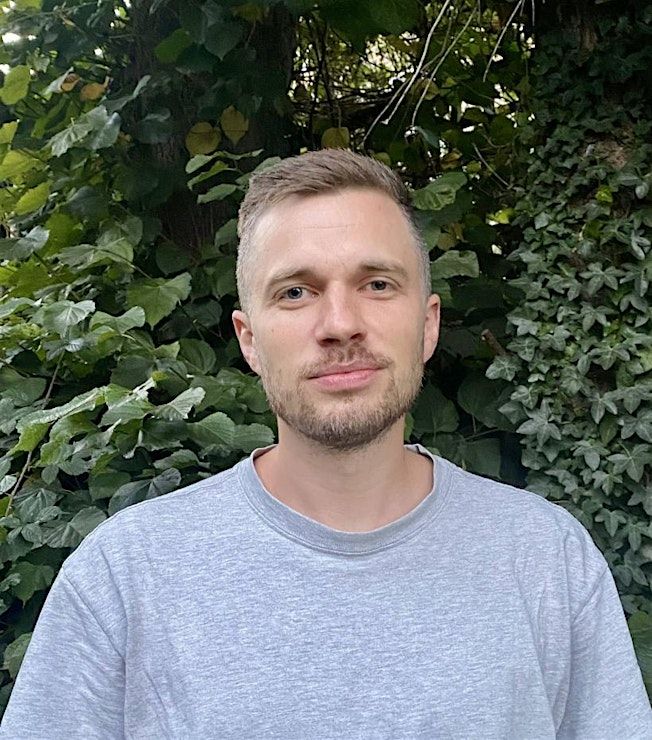
About this Event
Cutting the Supply of Fossil Fuels
Recognition of the need to phase out production and consumption of fossil fuels is growing globally. At COP28, countries agreed for the first time on a concluding text that called for “transitioning away from fossil fuels in energy systems, in a just, orderly, and equitable manner” (Sanderson, 2023). Phasing out the production of fossil fuels in a rapid, just, and well-managed fashion is essential to keeping the Paris Agreement’s temperature goals alive. Yet the 2023 Production Gap Report highlighted that the world’s governments still plan to produce more than double the amount of fossil fuels in 2030 than would be consistent with limiting warming to 1.5°C (Stockholm Environment Institute et al., 2023: 4). Therefore, governments must move from not only reducing fossil fuel consumption but also reducing fossil fuel supply, cutting “with both arms of the scissors” (Green and Denniss, 2018: 85). Supply-side policies to achieve such production cuts include production bans, moratoria, and limits on exploration; subsidy removals or reductions and restrictions on finance for fossil fuels. This presentation provides an overview of fossil fuel supply-side policy with illustrations from key case studies – including Denmark and Ecuador – to chart how a focus on the production rather than consumption of fossil fuels must be a key area of study and policy-making tool in the fight against climate change.
Dr. Lukas Slothuus is a Postdoctoral Research Fellow in the School of Global Studies at the University of Sussex. He works at the interface between political theory, political economy, and climate politics as part of the UKRI-funded project "SUS-POL: Supply-side policies for fossil fuels" led by Professor Peter Newell. The project researches the political dynamics of cutting the production of fossil fuels, how to transform society to a fossil-free world, as well as which processes of social transformation are necessary for climate justice. Dr Slothuus' published research centres on theories of emancipation and the role of intellectuals and theorists in social change, specifically in relation to the climate crisis.
The event will take place in-person. If you have any questions, please email the seminar convener, Dr Jac St John, Lecturer in Politics and International Relations ([email protected])

The Centre for the Study of Democracy (CSD), established in 1989, is based in the School of Social Sciences at the University of Westminster. At the Centre, academics working in politics and international relations undertake socially engaged, methodologically diverse and often interdisciplinary research that aims to address a range of critical political challenges in relation to democracy worldwide.
CSD has a longstanding international reputation for research excellence through a programme of publications, events and collaborations with academics, practitioners, policymakers, and activists. Research in Politics and International Studies at CSD was ranked 4th highest in the UK for impact in the Research Excellence Framework 2021.
The Centre has established numerous collaborations with scholars and universities around the world and has hosted encounters with public intellectuals including Luc Boltanski, Judith Butler, Stuart Hall, Bruno Latour, Richard Rorty, Quentin Skinner, Gayatri Chakravorty Spivak, Charles Taylor, James Tully, and Michael Walzer. The CR Parekh lecture, instituted by Lord Bhikhu Parekh, has included lectures by His Holiness the Dalai Lama, Arundhati Roy, and Ashis Nandy.
CSD recognises that responding to contemporary social and political challenges requires engagement beyond the academy, so actively welcomes dialogue and collaboration with researchers, practitioners, policymakers, and activists around the world. The Centre is directed by Professor Nitasha Kaul.
Event Venue & Nearby Stays
Westminster Forum, Fifth Floor, 32-38 Wells Street, London, United Kingdom
GBP 0.00












